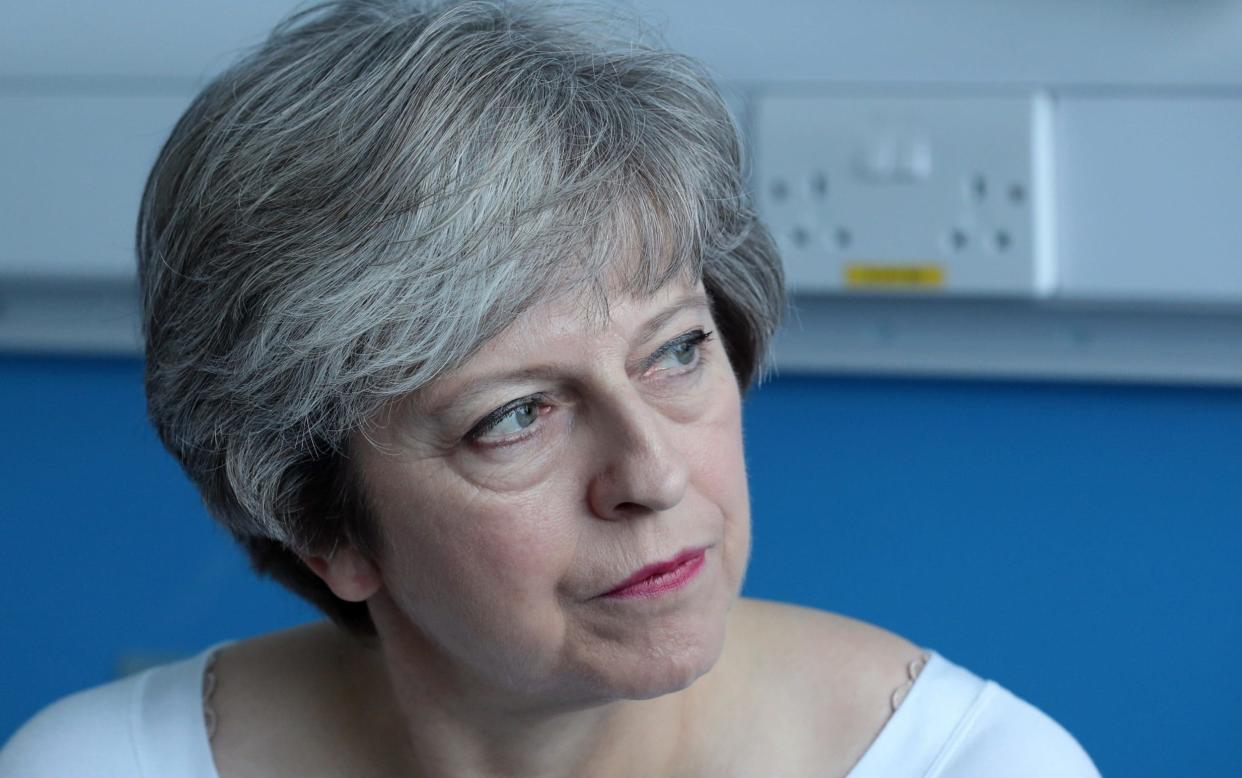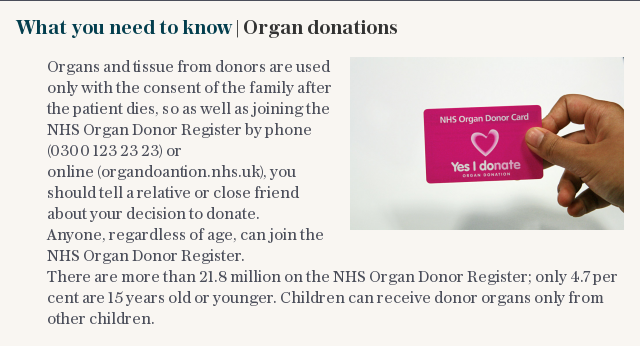Theresa May and Jeremy Corbyn back plans to make organ donation automatic in England as new law clears first major hurdle

Organ donation will be made automatic under plans backed by the Government in a move which ministers believe could save 200 extra lives every year.
People will have to opt-out of having their organs donated when they pass away under the terms of a presumed consent scheme.
The proposals brought forward by backbench Labour MP Geoffrey Robinson have won the support of both Theresa May and Jeremy Corbyn which means they will almost certainly become law.
It is hoped that the Organ Donation (Deemed Consent) Bill will make its way onto the statute book by the end of the year after it cleared its first major Commons hurdle as it received an unopposed second reading on Friday.
Mrs May announced at the Conservative Party conference in October 2017 that she wanted to shift “the balance of presumption in favour of organ donation”.
Jackie Doyle-Price, a health minister, confirmed the Government is backing the move to presumed consent as she set out the potential benefits.

She told MPs: “As I have made clear we are supporting this Bill. We are determined to ensure that we secure more organs available for transplant because we are very concerned that we are losing lives unnecessarily.”
Currently there is an opt-in system for organ donation in England which means people need to give consent by joining the NHS Organ Donor Register or by telling a relative or close friend about their decision to donate.
Opt-out laws are already in place in Wales and Scotland and Ms Doyle-Price said it was “too early to draw any conclusions about the number of organs that the change in Wales has secured”.
However, she added: “Our best estimates are that this change will secure an additional 100 donors a year which could lead to the saving of 200 extra lives.
“On the basis that we could save 200 lives we will wholeheartedly support this Bill and look forward to working with all members of the House to secure royal assent.”
Ms Doyle-Price added that the Government would be referring to the changes as Max's Law, after 10-year-old Max Johnson, who benefited from a heart transplant.
Mrs May wrote to Max to tell him that the Government would pursue the changes and name the legislation after him - something which he told the BBC made him feel “very honoured”.
He said that when he was in hospital he would wake up every morning and say “one more day please, just give me one more day”.

Asked what he would like to say to the family who gave him his new heart, he said: “Hard to say in words but thank you so much for what you have done, you have saved my life.”
Speaking in the House of Commons, Mr Robinson said a cautious assessment by the NHS suggested that the opt-out system, backed up with the right resources, could save hundreds of lives every year.
"On the present waiting list of some 6,500... some 500 are, in effect, on a life sentence and will, without an organ becoming available, die over the next year," he said.
"I believe this House would agree with me that that just simply isn't good enough. I believe that we can do better as a nation."
Mr Corbyn, the Labour leader, said the legislation would “save an awful lot of people's lives in the future".

 Yahoo News
Yahoo News 
